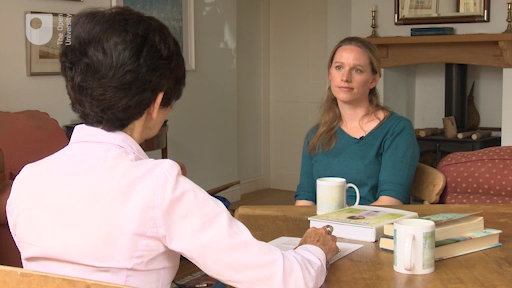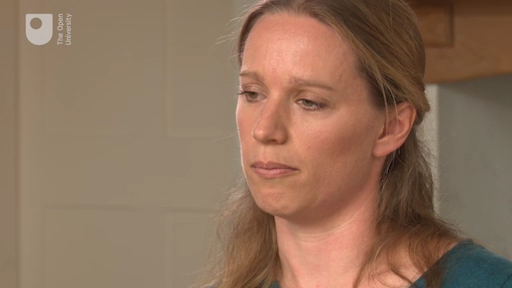4.4 Home education
Some parents choose to home-educate their children. They may have tried mainstream and/or special school options, and found both to be unsuitable for their child. Their child may have had bad experiences or failed to progress, or parents may be using interventions such as
In this video clip Arabella, mother of Iris Grace, explains why she took the decision to educate Iris at home:

Transcript
[LAUGHTER]
Activity 3 Home education
Besides the potential drawbacks of home education just outlined, can you think of another important developmental opportunity that home-educated children are likely to miss out on?
Discussion
All home-educated children, whether autistic or not, may lack opportunities for interacting and learning to socialise with other children, an important part of their learning and progression towards adulthood. However, it is possible to join a network of other home-educating parents and participate in organised outings or joint learning sessions. Some parents have even set up groups in their own homes to facilitate their child’s interactions. In this video clip Arabella talks about the Little Explorers Activity Club that she runs from home, bringing Iris Grace together with other autistic children for informal learning activities:

